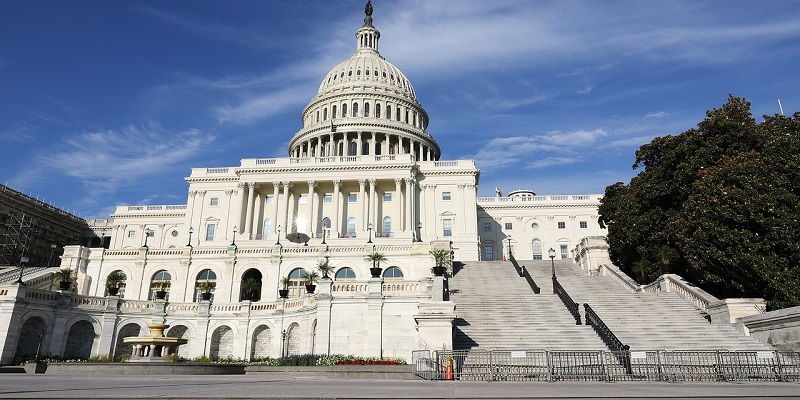As the world rapidly embraces artificial intelligence (AI), Senate Majority Leader Chuck Schumer (D-NY) is taking proactive steps to shape AI policy in the United States. In a bold move, Schumer has announced his plan to convene a series of AI Insight Forums, which aim to provide a platform for in-depth discussions on the policy implications of AI. These forums will replace traditional congressional hearings that often focus more on senators’ questions than on comprehensive policy development. Alongside this initiative, Schumer has also introduced the SAFE Innovation Framework for AI Policy, demonstrating his commitment to establishing a strong foundation for AI regulation and governance.
Announcement and Participants
In June, Senator Schumer unveiled the AI Insight Forums, which will be led by a bipartisan group of four senators. To ensure diverse and comprehensive perspectives, the forums will also include prominent figures from the Big Tech industry. Among the attendees will be CEOs such as Sam Altman, Bill Gates, Elon Musk, Sundar Pichai, and Mark Zuckerberg. These top industry leaders bring invaluable expertise and insights that are crucial for formulating effective AI policies that cater to both technological advancements and societal concerns.
Purpose and context
The decision to hold the AI Insight Forums comes on the heels of Congress’s ongoing public hearings on AI. These hearings have shed light on the various benefits and challenges posed by AI across different sectors. However, it is worth noting that the closed-door format of the first AI Insight Forum has generated some concerns regarding transparency.
Concerns about transparency
The closed-door format of the first AI Insight Forum has raised questions about transparency surrounding potential AI regulation. Some argue that this format may limit public access to critical discussions and decision-making processes. There are concerns that the absence of public accountability may lead to decisions being influenced by undisclosed interests or result in policies that are inadequately scrutinized by the general public.
Suresh Venkatasubramanian, a professor at Brown University, acknowledges this concern but highlights another perspective. He suggests that a closed-door format can enable participants to express their thoughts more openly and directly, unrestricted by public talking points. This could potentially foster more meaningful and honest discussions that delve into the intricacies of AI policy without the fear of public backlash.
Criticisms and concerns
The Center for AI and Digital Policy expressed its concerns about the closed-door briefings on AI policy that have previously taken place in the Senate. In a letter addressed to Senator Schumer, the center highlighted its objection to the established process. While the center supports the senator’s commitment to bipartisan AI legislation, it asserts that closed-door briefings hinder openness and inclusivity in the policy formation process. It advocates for a more transparent and inclusive approach that involves a broader range of stakeholders, including academia and civil society.
Senator Chuck Schumer’s decision to convene the AI Insight Forums signals a significant step towards shaping AI policy in the United States. By bringing together experts from both the government and the tech industry, these forums offer a platform for in-depth discussions on AI’s impact and the policy responses required to maximize its benefits while mitigating potential risks. However, concerns regarding transparency and inclusivity in the decision-making process must be addressed. Striking the right balance between closed-door conversations and public engagement is essential to build public trust and ensure the legitimacy of AI policies. As the forums progress, their outcomes will undoubtedly shape the future landscape of AI regulation and policy development in the United States and possibly beyond.

